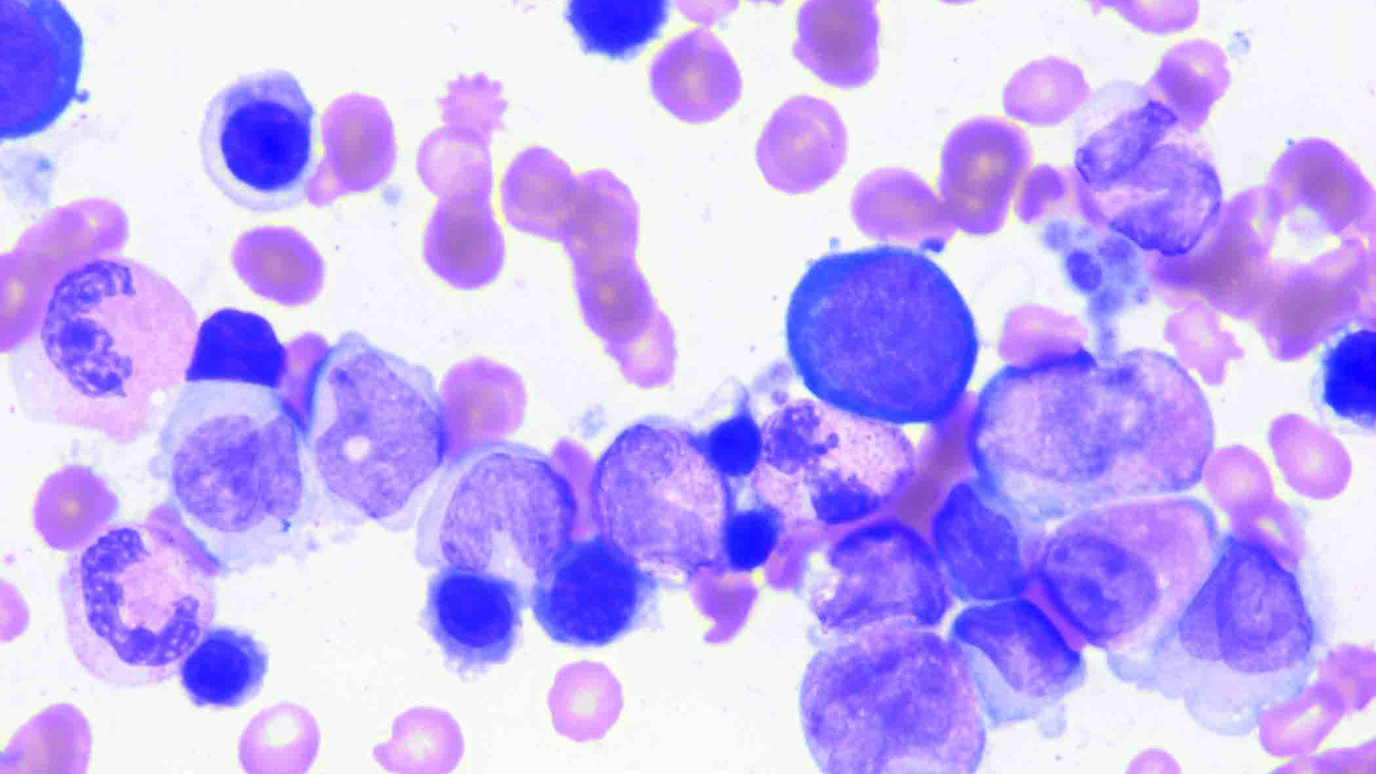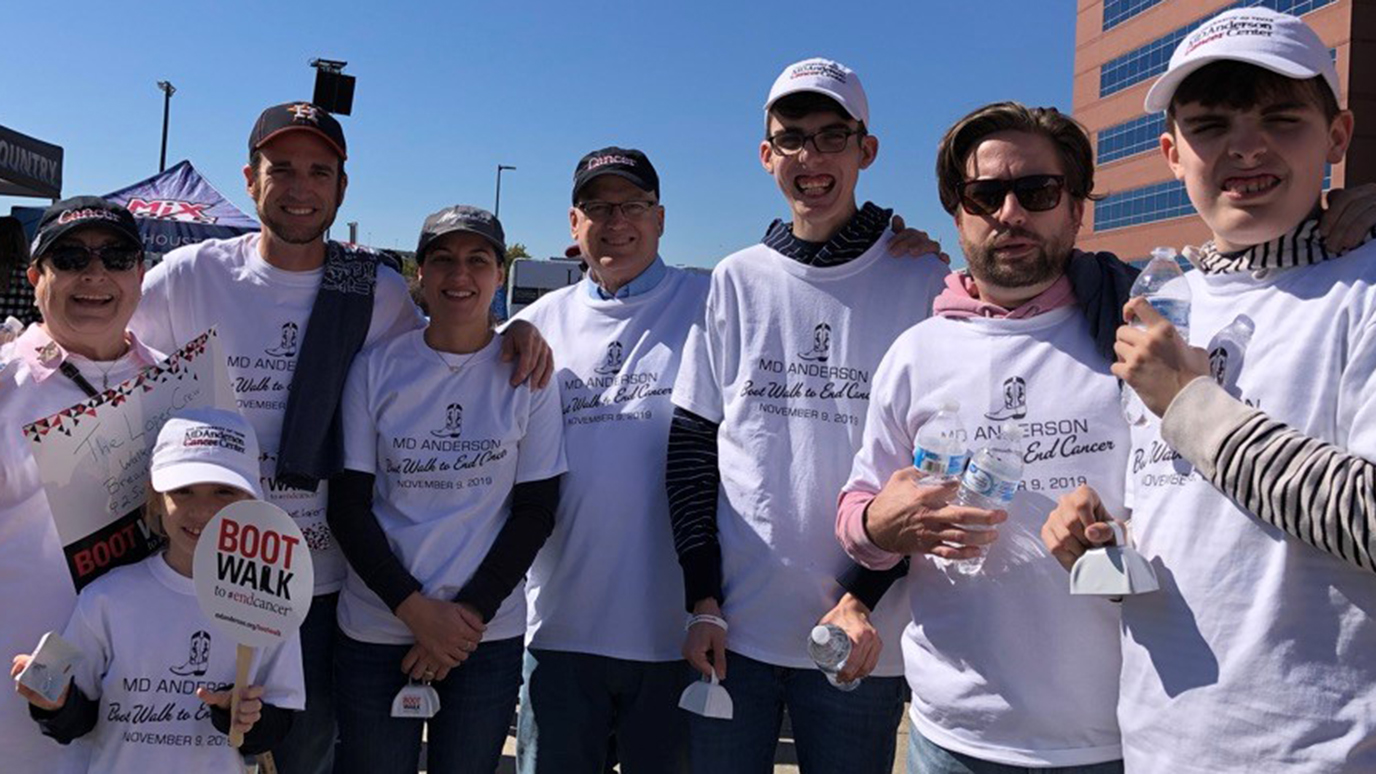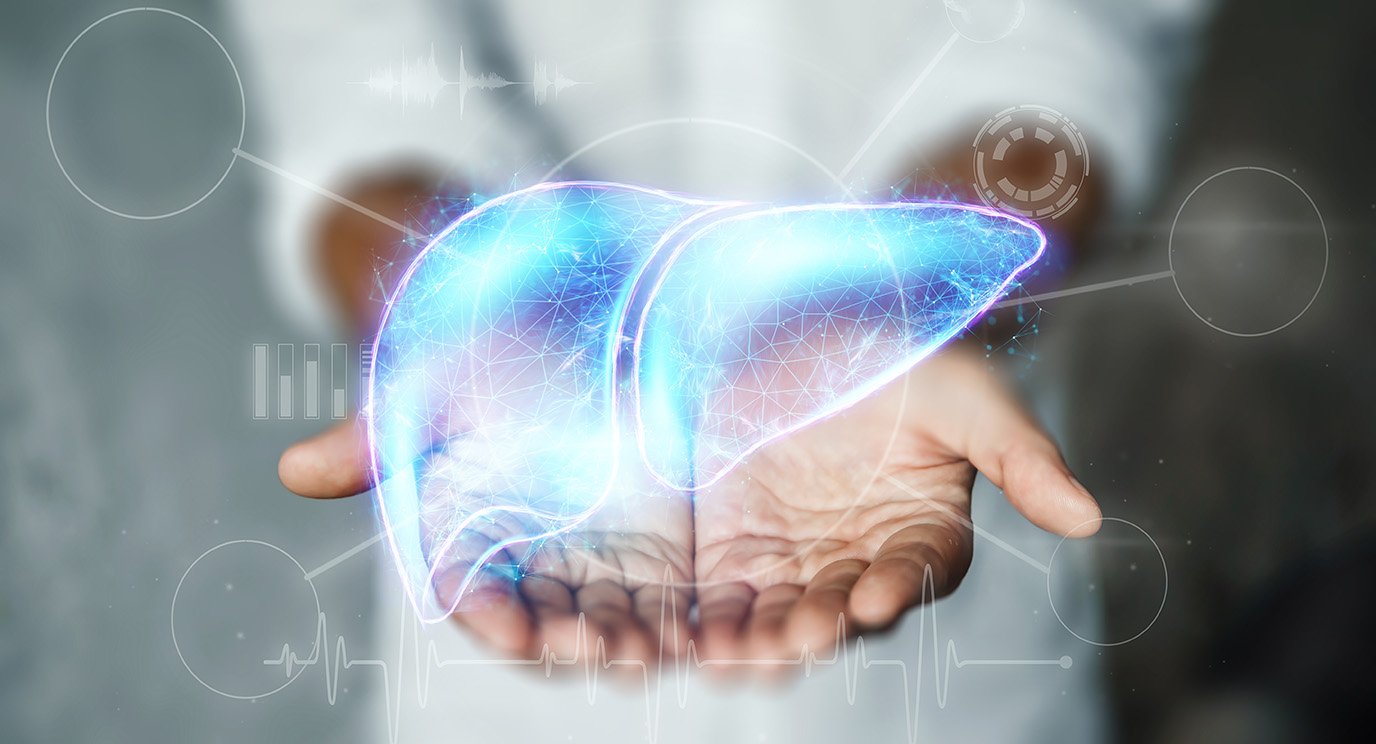Podcast: How does cell therapy work?
- Diseases
- Acoustic Neuroma (14)
- Adrenal Gland Tumor (24)
- Anal Cancer (68)
- Anemia (2)
- Appendix Cancer (16)
- Bile Duct Cancer (26)
- Bladder Cancer (72)
- Brain Metastases (28)
- Brain Tumor (232)
- Breast Cancer (714)
- Breast Implant-Associated Anaplastic Large Cell Lymphoma (2)
- Cancer of Unknown Primary (4)
- Carcinoid Tumor (8)
- Cervical Cancer (160)
- Colon Cancer (166)
- Colorectal Cancer (118)
- Endocrine Tumor (4)
- Esophageal Cancer (44)
- Eye Cancer (36)
- Fallopian Tube Cancer (8)
- Germ Cell Tumor (4)
- Gestational Trophoblastic Disease (2)
- Head and Neck Cancer (12)
- Kidney Cancer (128)
- Leukemia (342)
- Liver Cancer (50)
- Lung Cancer (286)
- Lymphoma (278)
- Mesothelioma (14)
- Metastasis (30)
- Multiple Myeloma (100)
- Myelodysplastic Syndrome (60)
- Myeloproliferative Neoplasm (6)
- Neuroendocrine Tumors (16)
- Oral Cancer (100)
- Ovarian Cancer (172)
- Pancreatic Cancer (160)
- Parathyroid Disease (2)
- Penile Cancer (14)
- Pituitary Tumor (6)
- Prostate Cancer (146)
- Rectal Cancer (58)
- Renal Medullary Carcinoma (6)
- Salivary Gland Cancer (14)
- Sarcoma (238)
- Skin Cancer (296)
- Skull Base Tumors (56)
- Spinal Tumor (12)
- Stomach Cancer (64)
- Testicular Cancer (28)
- Throat Cancer (92)
- Thymoma (6)
- Thyroid Cancer (98)
- Tonsil Cancer (30)
- Uterine Cancer (82)
- Vaginal Cancer (18)
- Vulvar Cancer (20)
- Cancer Topic
- Adolescent and Young Adult Cancer Issues (20)
- Advance Care Planning (10)
- Biostatistics (2)
- Blood Donation (18)
- Bone Health (8)
- COVID-19 (362)
- Cancer Recurrence (120)
- Childhood Cancer Issues (120)
- Clinical Trials (632)
- Complementary Integrative Medicine (22)
- Cytogenetics (2)
- DNA Methylation (4)
- Diagnosis (232)
- Epigenetics (6)
- Fertility (62)
- Follow-up Guidelines (2)
- Health Disparities (14)
- Hereditary Cancer Syndromes (126)
- Immunology (18)
- Li-Fraumeni Syndrome (8)
- Mental Health (116)
- Molecular Diagnostics (8)
- Pain Management (62)
- Palliative Care (8)
- Pathology (10)
- Physical Therapy (18)
- Pregnancy (18)
- Prevention (920)
- Research (392)
- Second Opinion (74)
- Sexuality (16)
- Side Effects (604)
- Sleep Disorders (10)
- Stem Cell Transplantation Cellular Therapy (216)
- Support (402)
- Survivorship (322)
- Symptoms (182)
- Treatment (1786)
Need CAR T cell therapy? Here’s what to expect
5 minute read | Published January 20, 2023
Medically Reviewed | Last reviewed by an MD Anderson Cancer Center medical professional on January 20, 2023
CAR T cell therapy is a type of immunotherapy used to treat lymphoma, multiple myeloma and some forms of leukemia. The treatment modifies T cells so that they can better recognize and attack cancer.
To learn what to expect if you need CAR T cell therapy, we spoke with lymphoma and myeloma specialist Sairah Ahmed, M.D.
Your care team will determine if you’re eligible for CAR T cell therapy
Before you can consider CAR T cell therapy as a part of your treatment plan, your care team will need to determine if you’re a good candidate for it. They’ll look at many factors, including whether you’re in good overall health and have adequate organ function.
“‘Adequate’ doesn’t necessarily mean ‘normal,’” notes Ahmed. “But CAR T cell therapy can be very stressful to the body. So, there’s a baseline you have to meet for heart, lung, liver and kidney function. You’ll need to be strong enough to get up, move around and participate in your own care.”
Doctors will also consider your age, though Ahmed stresses that age alone won’t necessarily disqualify you from receiving CAR T cell therapy. “MD Anderson doctors have infused adults in their 90s and children younger than age 10,” she says.
Your care team will consider your living situation, too, as you’ll need a caregiver to stay with you for the entire T cell-extraction period (apheresis). You and your caregiver will also need to remain close to MD Anderson for the first 30 days after the infusion.
“We rarely deny anyone CAR T cell therapy just for caregiver or proximity reasons,” says Ahmed. “Our social work counselors work with patients to make sure they have an appropriate place to stay and adequate support.”
Steps in the CAR T cell therapy process: A timeline
The entire CAR T cell therapy process takes about three months to complete, from the time your doctor orders an eligibility assessment until you finish the 30-day observation period after the infusion. Here’s how long each step lasts.
- Determining eligibility: 5-7 days, depending on the number of tests, scans and consultations ordered by your doctor.
- Obtaining insurance approval: 10 to 14 days, on average, but sometimes as long as 4 weeks. (Patients may either rest at home during this period or have additional treatments, such as bridging chemotherapy, to keep their disease under control.)
- Extracting the T cells (apheresis): 2 days. Patients must come to the hospital on both days and expect to stay for several hours. The first day is for placing the apheresis catheter to extract the cells. The second day is for collecting the cells.
- Enhancing the T cells: 3 weeks. That’s generally how long it takes for T cells to be sent to the lab, altered and returned to MD Anderson.
- Lympho-depletion chemotherapy: 5 days. This step helps deplete your natural immune system to allow the CAR T cells to expand and proliferate after they are infused.
- Infusing the CAR T cells: This usually takes no more than an hour, though it could be as quick as 15 minutes. It depends on how many bags of cells are being infused, and if you have a reaction.
- Recovering from the infusion: 30 days
“The evaluation period can sometimes last all the way up until we’re ready to infuse the CAR T cells,” explains Ahmed. “We use that time not only to determine the full extent of your disease and identify your baseline organ function, but also to assess what other treatments might be needed. If you have a fixable heart problem, for instance, we may send you to one of our cardiologists. That way, they can recommend a medication change or a procedure to resolve the issue before you start CAR T cell therapy.”
You may be prescribed chemotherapy, too
Between the time your T cells are collected and the time they’re re-infused, you may be prescribed bridging chemotherapy. This treatment is not given to all patients, though, so your doctors will only suggest it if it’s necessary to control the cancer.
“Lympho-depletion chemotherapy, on the other hand, is done just prior to infusion of the CAR T cells and all patients who are receiving that therapy will need it,’” explains Ahmed. “Your immune system has to be suppressed so the CAR T cells can do their job properly.”
The first 30 days after CAR T cell therapy require close monitoring
Patients must be closely monitored for the first 30 days after a CAR T cell infusion, so any potential side effects can be dealt with promptly. The first two weeks may be spent either as an inpatient at the hospital or an outpatient who lives nearby and comes in for daily evaluations. The remainder are spent as an outpatient.
“Ultimately, though, where you spend that time is up to your doctor,” says Ahmed. “It all depends on your general state of health, the type of cancer you have and any potential complications you may encounter.”
If you’re released from the hospital before the 30-day observation period is up, you’ll be asked to come back to MD Anderson two or three times a week until you’ve reached that milestone. You’ll also be asked to stay within 15 to 20 minutes of the hospital. That way, you can get back to MD Anderson quickly if you have any complications.
Each checkup will require both lab work and scans, so you should plan to return to MD Anderson for the first 30 days. After that, you may be able to have your bloodwork and scans done locally if you live far away, and just get the results sent to MD Anderson prior to a virtual visit with your doctor. Restrictions vary by state, so ask your care team if this is a possibility for you.
Even after the first 30 days, you’ll still need some follow-up
Once you’ve gotten past the 30-day milestone, you’ll only need to come back to MD Anderson every two or three months for a checkup. CAR T cell therapy tends to weaken the natural immune system, though, so patients must take medication to prevent infections for a full year after they’ve received it.
“Some patients may also experience low white blood cell counts,” notes Ahmed. “In those cases, they might need to monitor their blood counts at home or receive injections of drugs called growth factors to boost their white blood cell production.”
While the severity of side effects can be related to how advanced someone’s cancer is, having advanced disease does not automatically disqualify you from having CAR T cell therapy.
“Data from both clinical trials and the products already on the market indicate that many patients with advanced disease can still benefit from CAR T cell therapy,” says Ahmed.
Request an appointment at MD Anderson online or by calling 1-866-636-2515.
Related Cancerwise Stories

It all depends on your general state of health, the type of cancer you have, and what potential complications you may encounter.
Sairah Ahmed, M.D.
Physician






